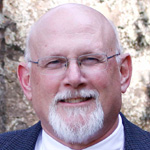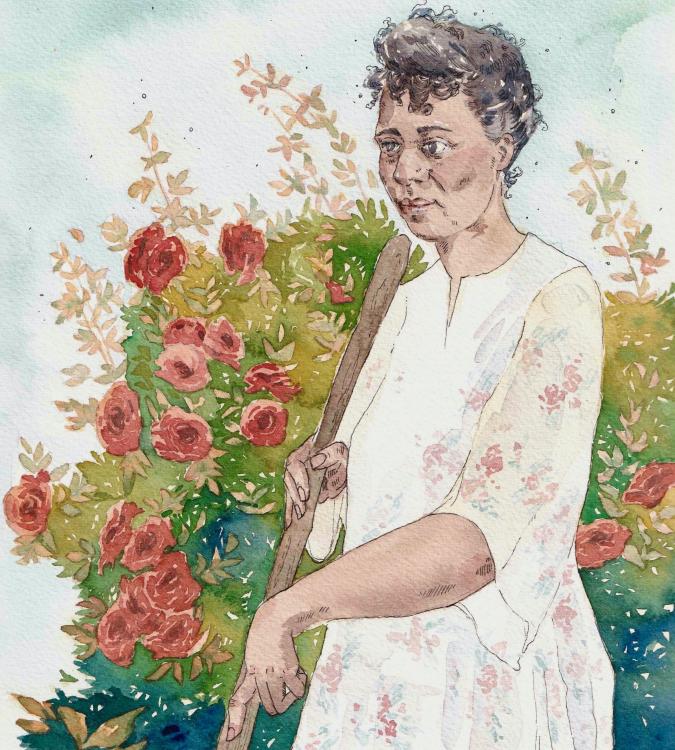

The Great Books pull us into a millennia-old conversation, one opened not to the mere technician of a narrow field—physics, history, literature, economics—but one that demands the person-in-full. A college major trains us in the latest specialized skills of a single field of study. By such training we become technicians of a certain sort, credentialed for some kind of labor.
The Great Books, however, go much further. They cultivate us to be citizens of, even participants in, an eloquent, imaginative community that cuts across time and place, status, race, and sex. The Great Books liberate us from our time’s misperceptions by removing our parochial blinders. They graduate us from being mere cogs in an economic machine, serfs on a twenty-first-century manor, and let us sail home with Odysseus, play the patriot with Cicero, love God with St. Bernard, and cry out against a contrived and plastic world with Goethe. In short, the Great Books humanize us.
 Author:
Author:
Dr. Gary Jenkins
Former Van Gorden Professor in History
Former Chair of the History Department









